Are Western Gender Norms Actually Evolving, or Are They Just a Reinvention of What Africa Knew All Along?
Are the West's Current Understanding of Gender Inclusivity Genuinely Progressive, or Simply a Late Recognition of Practices Already Present in African Societies?
The conversation around gender is far from new. While Western societies are catching up to concepts of gender fluidity and inclusive pronouns, many African languages have been practicing gender neutrality for centuries. Yet, ironically, these cultures were once labeled “primitive” for not adhering to the binary gender norms imposed by colonial powers. Fast forward to 2024, and the West is scrambling to embrace concepts of gender inclusivity, while African traditions have long been ahead of the curve.
Was Africa Truly "Primitive," or Were Its Diverse Cultures So Advanced That the West Couldn’t Comprehend Their Complexity?
As we move forward into 2025, it's essential to ask: Was Africa really "primitive," or were these societies simply too complex and ahead of their time for the West to understand? Could it be that Western forces, unable to grasp the depth of African cultural practices, imposed their own limited understanding of gender through colonialism?
The Disconnection Between Language and Gender: A Personal Experience
I encountered this dynamic firsthand during a family gathering when my cousin introduced their new gender-neutral pronouns to the elders. The moment they heard the pronouns, I could see the panic in the eyes of our elders, who were clearly concerned about getting it right. They seemed to fear I’d launch into a lecture about inclusivity. Instead, the night unfolded with humor and lightheartedness:
Elder 1: “Do they also eat catfish stew or…?”
Elder 2: “Who is they? Who else is coming?”
Elder 1: (points at cousin) “Not them—they.”
Cousin stares at me, and we both burst out laughing.
This exchange exemplified how cultural shifts can be met with curiosity, a hint of confusion, and ultimately, humor. Even when confronted with a new concept like gender-neutral pronouns, the elders engaged in a natural and supportive way—if not entirely clear on the grammar. The key here is the willingness to engage, ask questions, and adapt without fear of making mistakes.
How African Languages Challenge Western Binary Structures
Many African languages, including Wolof, Fula, and Yoruba, don’t use gendered pronouns at all. They/them pronouns are often the default, showing us how gender is simply not central to the linguistic structure. This flexibility in language mirrors the fluidity of gender in African societies, where roles and responsibilities were not defined by rigid categories of male and female.
Growing up with these languages, I never thought twice about using “they” for everyone. It was only when I started learning Swedish at age 11 that I realized how strictly gendered pronouns operate in Western languages. It baffled my teachers that I would substitute “he” and “she” with “they.” To me, it felt natural, reflecting the very principles of gender inclusivity that were inherent to my upbringing.
As we navigate the Western framework of pronouns and gender, we must also acknowledge the richness of our linguistic systems. The challenge lies in translating those cultural nuances into languages like English, which are deeply rooted in binaries. This issue reflects a larger systemic problem: the imposition of Western standards on other cultures.
Is the West Really Evolving or Just Caught in the Past?
Despite the West catching up to gender-neutral pronouns, there’s a troubling tendency to label African cultures as “primitive” for not adhering to the same gender norms. The real issue here isn’t that African languages have always been inclusive—it’s the colonial legacy that made Western societies blind to these deeper, more advanced cultural practices.
Let’s break this down: gendered pronouns in English were not the norm in many African societies. Colonialism introduced gender binaries, making them feel like the only “valid” structure. Like it introduced and enforced its own languages because ours were so complex. So, who’s really behind? The West, as it plays catch-up with non-binary and fluid gender identities, is now struggling to implement what African cultures have been practicing for centuries.
Colonialism and the Invention of Gender: How Western Powers Imposed Binary Norms on African Cultures
Historically, African cultures were labeled "primitive" by colonial forces for not conforming to Western gender norms. Yet, with the rising recognition of gender-neutral pronouns in the West, it is becoming increasingly clear that many African cultures were actually ahead of their time. I recall an incident where my mother, fluent in several African languages, was corrected on her use of English pronouns. The irony of this correction, given the linguistic richness of her own languages, was not lost on me. This disconnect between the cultural value of neutrality in African languages and the rigid binary structure of Western languages can be frustrating.
The colonial imposition of gendered roles severely disrupted African societies, where identities were shaped by roles within the community, not by strict definitions of male and female. African languages that didn’t have gendered pronouns were branded as “backward,” and African cultures were told to conform to the binary logic of Western thought. Today, that colonial mindset still impacts the way we perceive gender and language, making it difficult to unlearn these biases.
As the West increasingly grapples with gender neutrality, we must question: Why are African languages now being labeled as progressive when they were once dismissed as primitive? Does the west dictate when something gets to be progressive to restrict when it gets to be seen as ass backwards which it often is.
Reclaiming Gender Fluidity: Professor Oyèrónkẹ́ Oyẹwùmí’s Work and African Gender Epistemologies
Professor Oyèrónkẹ́ Oyẹwùmí is one of the most influential scholars challenging Western narratives on gender. Her work, The Invention of Women: Making an African Sense of Western Gender Discourses, explores how colonialism distorted pre-existing African concepts of gender and identity. Oyẹwùmí argues that gender was not a central organizing principle in many African societies before colonialism, and that Western gender binaries fundamentally altered the natural, fluid understandings of gender that once existed.
Her research is a direct challenge to the Western notion that gender is a biological divide. She demonstrates how African societies understood social roles without being constrained by rigid gender categories. In Gender Epistemologies in Africa, Oyẹwùmí critiques the imposition of Western gender binaries and the epistemological shift that occurred when colonial powers introduced binary categories to African languages.
Oyẹwùmí’s research supports the understanding that non-binary and fluid identities were not new constructs but integral aspects of African societies long before they were recognized in the West. This aligns with my own experiences, where I grew up in cultures that didn’t prioritize gender in either language or societal structures, further highlighting the connection between linguistic and cultural shifts and colonial influences.
Language, Gender, and Colonial Imposition: How Western Norms Rewrote African Identity
Much like Professor Oyèrónkẹ́ Oyẹwùmí's research, my own work and personal experiences with language—switching seamlessly between Wolof, Fula, and English—highlight how the rigid gender binaries in Western cultures feel alien in communities where gender fluidity was the norm. While Western societies continue to struggle with adopting fluid pronouns, many African languages have gender-neutral terms that have existed for centuries, as Oyẹwùmí notes in her exploration of gender epistemologies in Africa.
A key takeaway from Oyẹwùmí's work is the realization that gendered terms like "he" and "she" are modern colonial constructs that did not exist in the African pre-colonial context. The colonization of language introduced binary categories, which reshaped societal understanding and clashed with the more inclusive, role-based societies that existed before. As African communities increasingly reclaim their cultural identities, there is growing recognition of gender-neutral pronouns and gender fluidity in both language and social roles.
The global linguistic diversity map from Ethnologue beautifully captures what I’ve always known and felt about African languages. It highlights how many of our languages naturally embrace gender fluidity through non-gendered pronouns. Languages I grew up speaking, like Wolof and Fula, effortlessly use gender-neutral terms, reflecting an inherent understanding of gender beyond binaries. Seeing this richness visualized underscores the stark contrast with rigid gender norms imposed by colonial languages. It reminds me once again that African societies have long held space for fluidity and inclusivity—long before the West started its recent conversations about pronouns and gender.
Language, Gender, and the Legacy of Colonialism: How Western Impositions Changed African Societies
As we navigate the Western framework of pronouns and gender, it is essential to recognize the complexity and diversity inherent in various linguistic systems around the world. Many cultures possess linguistic structures that allow for a more fluid understanding of gender, often incorporating multiple gender identities beyond the binary of male and female. For instance, some Indigenous languages include terms that encompass non-binary identities, offering a more expansive view of gender.
The challenge arises when attempting to translate these nuanced cultural concepts into languages like English, which traditionally operates within a binary framework. English pronouns—he, she, and it—can feel restrictive and inadequate when confronted with the vast spectrum of gender identities that exist in different cultures. This limitation can lead to misunderstandings and misrepresentations, as individuals from non-Western cultures may find it difficult to express their identities within a system that does not fully accommodate them.
This issue is not merely a linguistic one; it reflects a broader systemic problem. The imposition of Western linguistic standards often disregards the rich diversity of global cultures, leading to a homogenization of identity and expression. As Western societies continue to engage with issues of gender and pronouns, it is crucial to adopt a more inclusive approach that honors and respects the linguistic practices of other cultures.
By embracing a more expansive understanding of gender that goes beyond binary limitations, we can bridge connections across cultures. This involves not only recognizing the limitations of our language but also actively seeking to understand and incorporate the diverse ways in which different cultures express gender. In doing so, we can challenge the prevailing norms and create a more inclusive dialogue that values all identities, thereby enriching our collective understanding of humanity.
The Importance of Understanding African Cultural Perspectives on Gender Inclusivity
The West often struggles with concepts it does not fully understand, leading to a tendency to break down and simplify complex ideas into manageable frameworks. This reductionist approach can be seen in the treatment of pronouns and gender identity, where rigid binaries have dominated discussions for far too long. However, this simplification not only misrepresents the richness of diverse experiences but also results in a cycle of misunderstanding and reinvention.
In many African cultures, the understanding of gender and identity has been nuanced and multifaceted for centuries. These societies have long embraced fluidity and diversity, recognizing that identity is not confined to binary categories. Terms and pronouns in these cultures can reflect a deep connection to community, spirituality, and individual experience—a stark contrast to the often rigid, Western interpretations. The colonial legacy has contributed to a disregard for these complexities, leading to misguided judgments about what constitutes 'advanced' or 'civilized' thought.
Why Does This Matter Today? The Case for Unlearning Colonial Norms
As we move towards 2025, gender inclusivity in language and society continues to evolve. But is this true evolution, or simply a rebranding of practices that many African cultures have long embraced? The West’s attempt to “catch up” with non-binary and gender-neutral pronouns needs to be viewed through a critical lens. Are we truly evolving, or are we merely recycling what we discarded in our colonial efforts to suppress indigenous knowledge and culture?
Gender inclusivity is not a “Western trend.” It’s a fundamental aspect of African linguistic and cultural heritage. As more African communities reclaim their cultural practices, it’s vital for us to unlearn colonial frameworks and acknowledge the linguistic and cultural diversity that has long existed outside Western boundaries.
Moving Beyond the Binary: The Future of Gender and Pronouns in a Global Context
Navigating the complexities of language and identity as a polyglot presents both unique challenges and profound insights. My experiences often lead me to confront misunderstandings, particularly when my linguistic background intersects with the expectations of gendered language in English-speaking contexts.
In my journey, I've had the humbling experience of misgendering someone and subsequently correcting myself. This incident, albeit unintended, offered a crucial lesson in the nuances of identity and respect. My default to 'they/them' pronouns for everyone stems not from indifference, but from the way my multilingual brain interprets language. It's a reflection of my upbringing in linguistic traditions where gender is not a linguistic marker. In many African languages, including my own first languages, gendered pronouns simply do not exist.
This is not a recent adaptation to inclusivity, but rather an intrinsic feature of these languages. They embody inclusivity by default, without the need for conscious alteration.
However, translating these linguistic norms into an English-speaking environment can inadvertently lead to misunderstandings. For trans women, who have historically fought for their pronouns to be recognized and respected, the use of neutral pronouns can feel invalidating. I understand this perspective and am committed to being mindful of it. Yet, it is crucial to acknowledge that the assumption of misgendering through neutral language often stems from a lack of understanding of these indigenous linguistic systems. It highlights a broader issue: the imposition of Western gender constructs as a global norm, overshadowing cultures that have long existed with more fluid conceptions of identity.
This is not merely an issue of linguistic preference but a deeper reflection of how different languages shape our realities. By centering Western norms as the default, we inadvertently erase the rich diversity of indigenous languages and their inherent inclusivity.
To view my use of nongendered language as erasure is to misunderstand its roots and the cultural contexts from which it arises.
Therefore, while I strive to honor individual identities within the framework of English, I also urge a broader understanding of how language can inherently reflect inclusivity. This conversation is not just about accommodating differences but recognizing and valuing them as intrinsic parts of our global linguistic heritage.
Now…
If you call me a TERF for calling you a they/them because I used one of my four native inclusive languages that predate your Western civilization, I might, if you catch me on a bad autistic day, call you an ignorant racist. Then, you might be compelled to say we're doing "oppression olympics," and yet, you'd still be wrong. Because in the end, understanding culture and language takes more than just shouting from a place of privilege. It's actually about, you know, listening. Which I hope you did after reading this long wall of text I just wrote from a place of love. Cos you know my name is Lovette.
It's two a.m., and I hope you do feel compelled to purchase a cup of coffee below.
Who is Lovette Jallow?
Lovette Jallow is one of Scandinavia’s most influential voices on systemic racism, intersectional justice, and human rights. A nine-time award-winning author, keynote speaker, lecturer, and humanitarian, she specializes in neurodiversity, workplace inclusion, and structural policy reform.
As one of the few Black, queer, autistic, ADHD, and Muslim women working at the intersection of human rights, systemic accountability, and corporate transformation, Lovette brings an unmatched perspective rooted in both lived experience and professional expertise. Her work bridges the gap between theory, research, and action, helping organizations move beyond performative diversity efforts toward sustainable, structural change.
She has worked across Sweden, The Gambia, Libya, and Lebanon, tackling institutional racism, legal discrimination, and refugee protection. Her expertise has been sought by global publications like The New York Times, on high-profile legal cases, and by international humanitarian organizations, where she has provided critical insights on racial justice, policy reform, and equity-driven leadership.
As the founder of Action for Humanity, Lovette collaborates with businesses, policymakers, and institutions to develop equity-centered solutions that are practical, measurable, and embedded in long-term strategy.
Her work isn’t just about raising awareness—it’s about creating measurable, lasting change in workplaces, policies, and communities.
📢 Stay connected:
🔗 Website: lovettejallow.com
📢 LinkedIn: linkedin.com/in/lovettejallow
📸 Instagram: instagram.com/lovettejallow
🎥 YouTube: youtube.com/@jallowlovette
📝 Substack: open.substack.com/pub/lovettejallow
🐦 Twitter/X: twitter.com/lovettejallow
🌍 Action for Humanity: lovettejallow.com/action-for-humanity
📢 Action for Humanity Instagram: instagram.com/action4humanity_se
📘 Bluesky: bsky.app/profile/lovettejallow.bsky.social


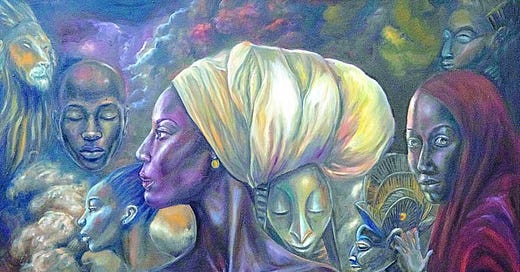



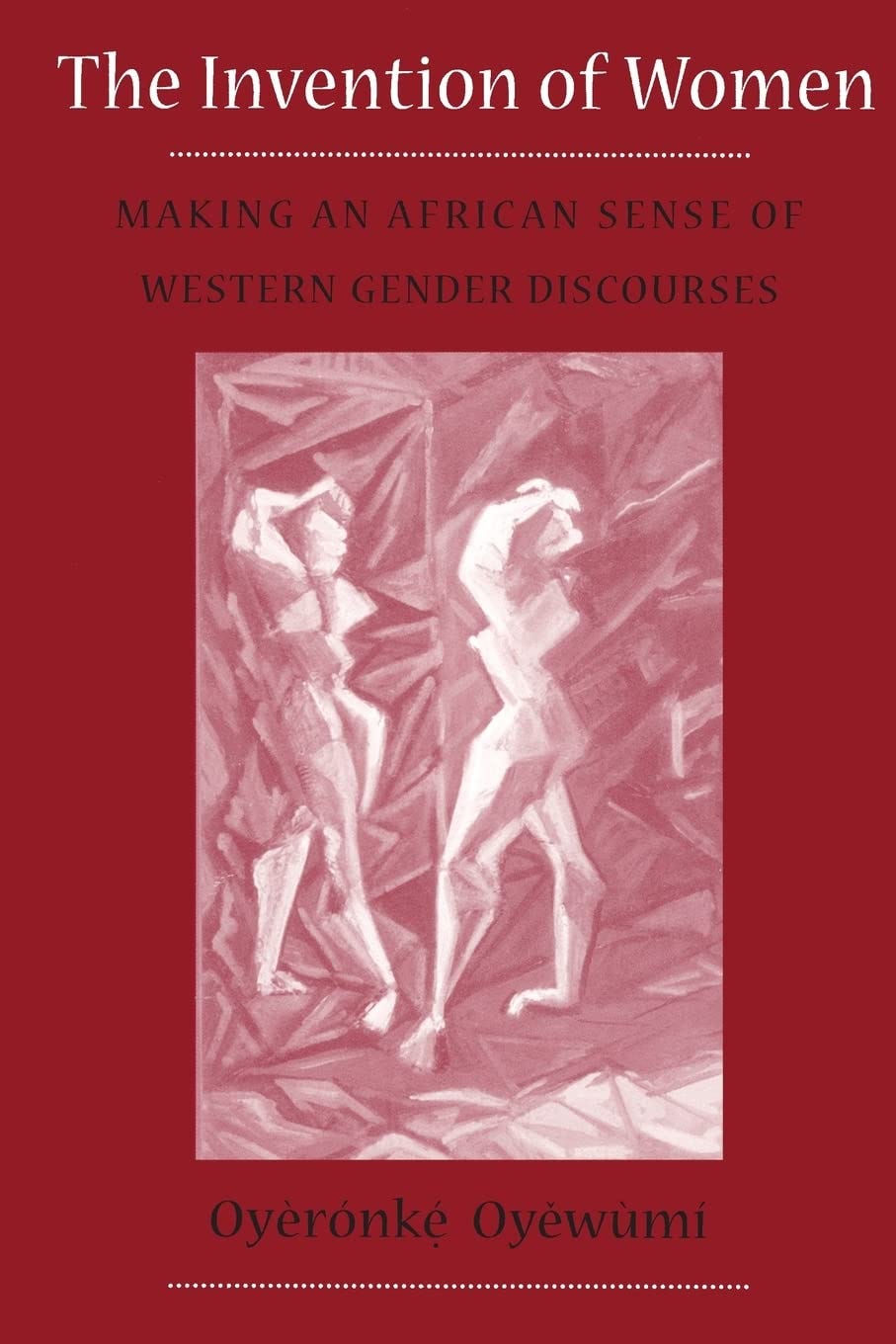
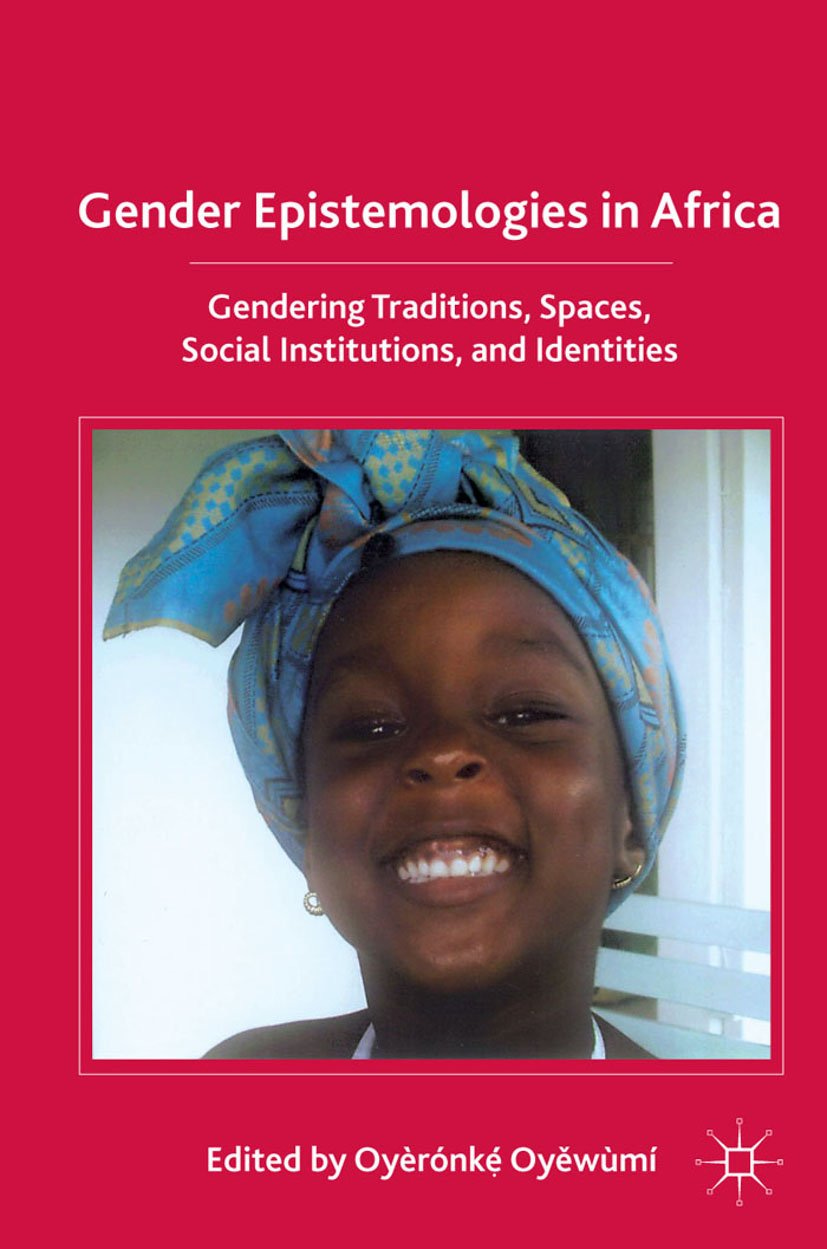
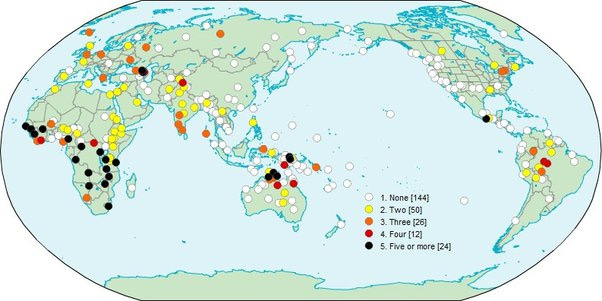

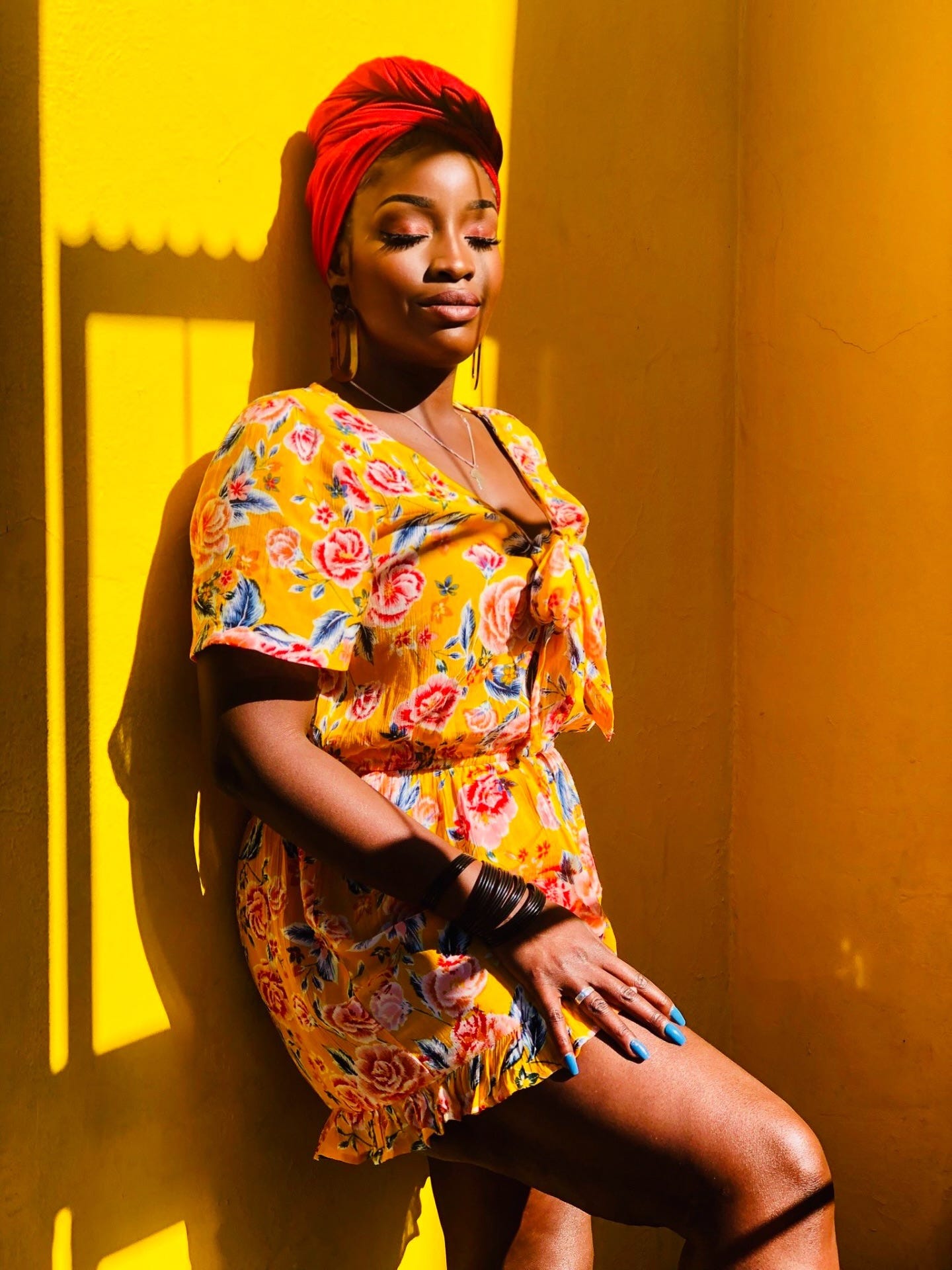
I think Western society has gotten fixated and dependent on assigning so much to us at birth. Gender, economic station, and even our gods. They are all theirs and we are compelled to take what we're "given." The bias they instill wherever possible suggests that they are at the vanguard and other views are primitive, but is that true?
"My point, once again, is not that those ancient people told literal stories and we are now smart enough to take them symbolically, but that they told them symbolically and we are now dumb enough to take them literally." ~ John Dominic Crossan
I think the most jarring revelation I had lately is that we are assigned our gods, too. What would happen if we weren't? What if we were told we had the agency to create and shape and define our own gods, goddesses and godfolx? If we learned we could create our deities, that would mean that, in a sense, we are all Creators - and that we are all sacred, divine, holy and to be revered...but capitalism and colonialism could not withstand such wisdom, can it?
So, instead, all of it is assigned to us, rationed, if you will, like toiletries and striped jumpsuits. Trans folx asserting their identities is a threat because that chips away at the primacy of the assignors.
The wisdom of the ancients may not be recorded on graph paper, and it may not be expressed with the data points that Western academics insist on, but that does not mean it is lagging behind. Some of the false narrative as to what is "primitive" may be owing to a bias for presentation and documentation that confirms to Western standards, but much of it, I am coming around to realize, is owing to a fear of widespread liberation should people come around to respecting both the wisdom and values of "primitive or "ancient" schools of thought that could crush capitalism if they took root.
Really enjoyed this piece especially since it’s right in the gap-spaces I live every day! You remind me that part of how I managed to have a double life as a teenager was due to the convenient gender-neutral pronouns in Mandarin Chinese haha! I never had to say “he” or “she” and was technically never lying 😅
Jokes aside, French was the first real language I personally had to contend with for the gender thing, particularly nouns. It will never be something normal for me, but it’s produced some interesting conversations as many French speakers have told me for instance, the table is “obviously” feminine (no, it’s not). I will never know what it’s like to actually see the world in such a binary and sometimes wonder if it’s because my native languages didn’t include this base structure (the use of “they” was perfectly acceptable despite it being deemed academically incorrect). Of course people can exist in spite of their own language restrictions but there is something to be said about being an outlier vs. a language having the space for many different versions of people.
LOL at that last part! Thanks for writing even though it’s late! I will be sharing (a lot) 💛